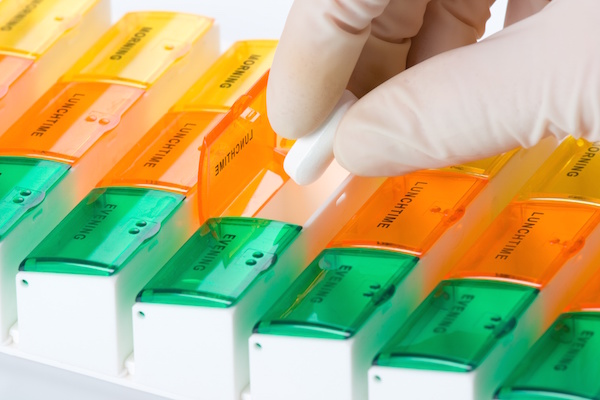
FRIDAY, Sept. 23 (HealthDay News) — Soliris (eculizumab) has been approved by the U.S. Food and Drug Administration as the first drug to treat atypical hemolytic uremic syndrome (aHUS), a rare blood disease that may trigger kidney failure, stroke or death.
Most people with aHUS are children, the FDA said in a news release. The atypical form affects up to 10 percent of all cases of hemolytic uremic syndrome.
Solaris was first approved in 2007 to treat another rare blood disorder, paroxysmal nocturnal hemoglobinuria (PNH). In people with aHUS, the drug limits the activities of proteins that play a role in the disease, the FDA said.
Soliris has been classified as an orphan drug, the agency said, meaning the drug has demonstrated promise in treating rare diseases or conditions.
In clinical testing of people with aHUS, Soliris’ most common side effects included high blood pressure, diarrhea, headache, anemia, nausea and vomiting, infections of the upper respiratory tract and urinary tract, and a decrease in white blood cells.
The drug may also increase users’ risk of life-threatening meningococcal infections. It will continue to be made available only via a restricted delivery program, under which prescribers must register with the FDA, the agency said.
Soliris is marketed by Alexion Pharmaceuticals, based in Cheshire, Conn.
More information
The FDA has more about this approval.

